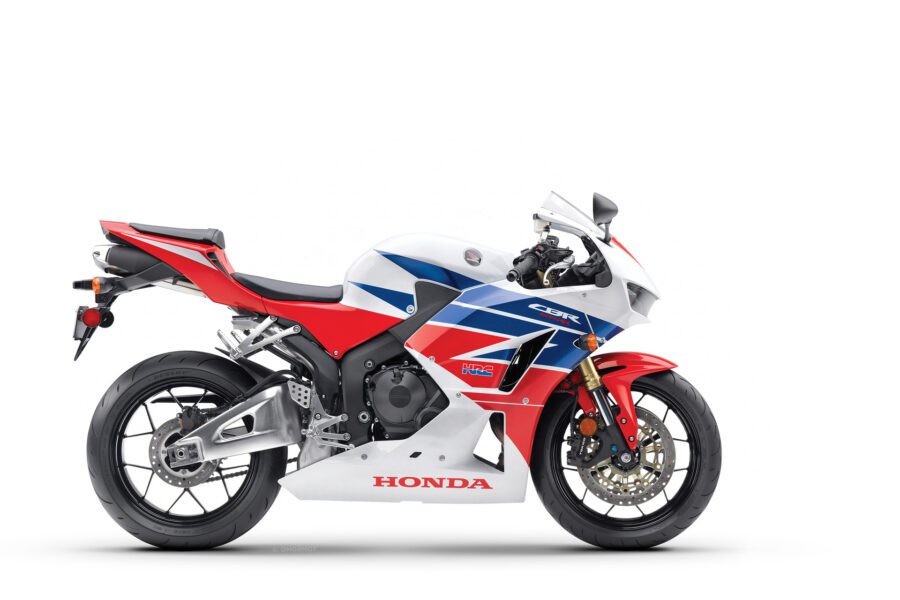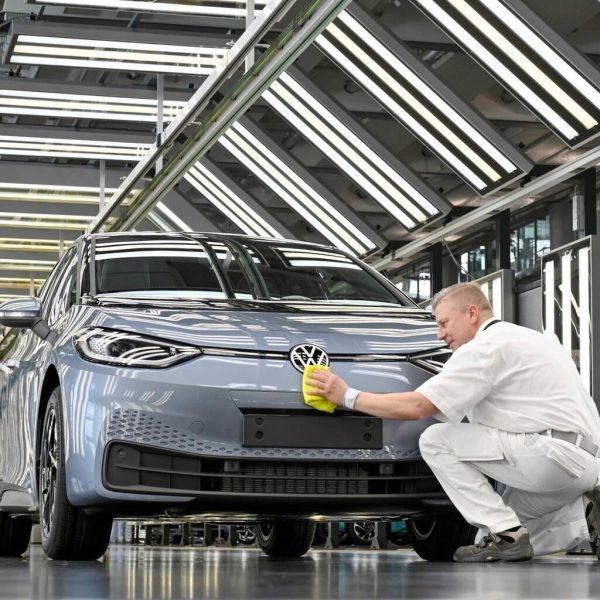
How environmentally friendly are these automakers? Volkswagen, Ford, BMW, Rivian and others detail efforts to cut carbon emissions from manufacturing.
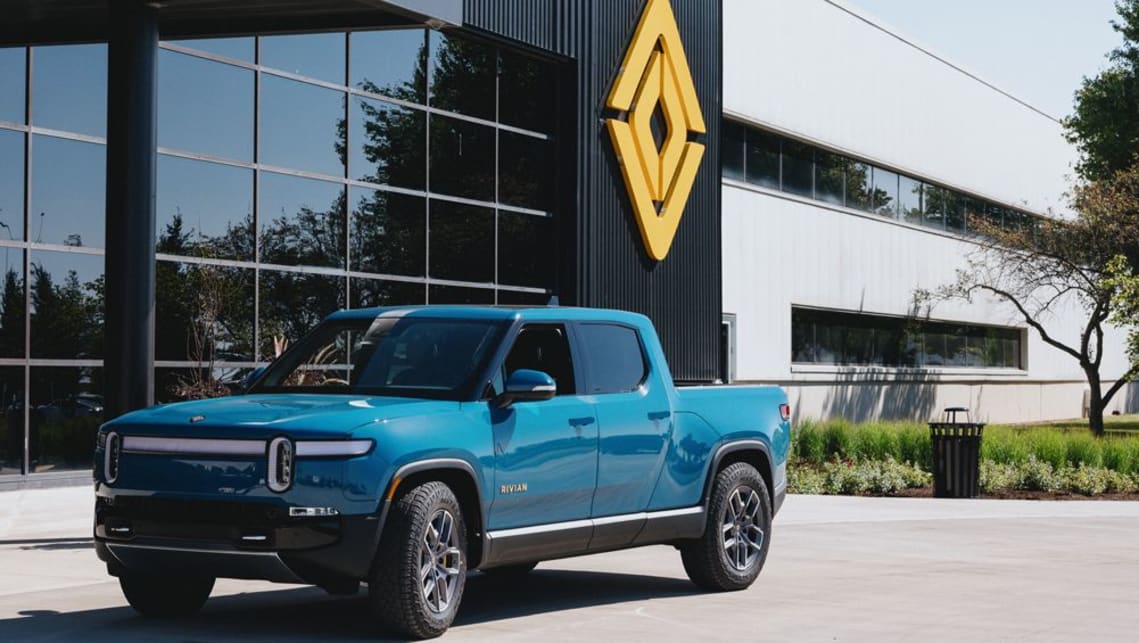
Rivian will grow food for its employees at its plant in Normal, Illinois.
Every noteworthy car brand is in the midst of a green transition, largely due to changing market demands as well as stricter environmental regulations.
While the most notable trend is the shift in powertrain technology from internal combustion engines to electric batteries or some other green technology such as hybrids, plug-in hybrids and hydrogen fuel cells.
But for a number of car manufacturers, there is a lot going on behind the scenes to focus on climate change and sustainability.
From low-carbon factories to genuine carbon-neutral targets, we'll take a look at just a few of the measures brands are taking to reduce the environmental impact of mass-produced cars.
Green factories are already working
Car manufacturing requires a huge amount of energy, which is why car brands are focusing on changing the way cars are made.
BMW has positioned itself as one of the most environmentally friendly automotive brands in the world, helped by building an architecturally designed and environmentally friendly factory in Leipzig, Germany more than a decade ago.
The BMW i3 and i8 production (since discontinued) in Leipzig is powered by purpose-built wind turbines on site, and it even has its own bee colony. The plant in San Luis Potosi, Mexico is partially powered by solar panels on the roof of the plant.
Globally, BMW aims to reduce CO2 emissions from its production sites by 80% by 2030 and help its partners significantly reduce emissions from steel production. BMW also ensures that more parts are recyclable, including materials in batteries.
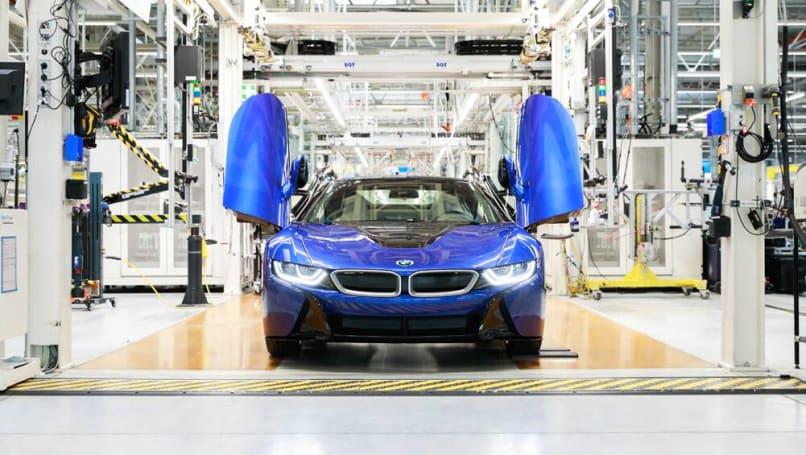 The Leipzig BMW plant has its own bee colony.
The Leipzig BMW plant has its own bee colony.
At BMW's Brilliance Automotive joint venture in China, employees plant peanut trees in unused areas around the factory and then use the crop income to fund social infrastructure projects.
German giant Daimler, the parent company of Mercedes-Benz, has committed to making all of its German factories carbon neutral by year 2, and all newly built plants will also be carbon neutral. This is achieved through the purchase of renewable energy and the installation of solar panels on the roofs of some factories.
The Volkswagen Group is converting its plant in Wolfsburg, which has its own coal-fired power plant, to natural gas and steam turbines.
VW has been remanufacturing used parts such as transmissions for years and has been looking at its factories for ways to reduce waste. It also uses LNG-powered ships to export its vehicles worldwide.
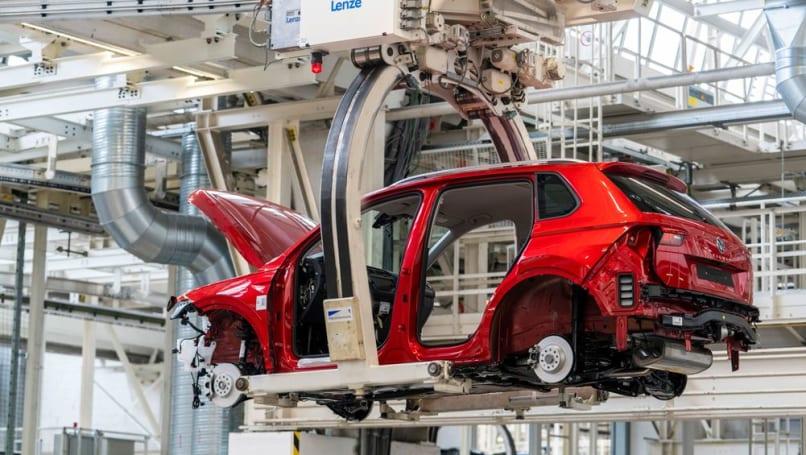 The Volkswagen plant in Wolfsburg will stop using coal.
The Volkswagen plant in Wolfsburg will stop using coal.
American automaker General Motors recently announced that it will switch its factories around the world to 100% renewable energy by the year 2035.
This upgraded facility in Hamtramck, Michigan, now called Factory Zero, will use storm water to reduce water usage and reduce cleanup costs for the city. He also uses CarbonCure, a concrete that absorbs 25 pounds of CO2 for every cubic yard laid.
Another American manufacturer, Tesla, is considered to be the most environmentally friendly car company in the world because they exclusively produce electric vehicles. Some of their manufacturing operations are also quite sustainable, including the Nevada Gigafactory, which will be covered in solar panels when completed.
Green plans for the future
Electric car brand Volvo Polestar recently laid out bold plans for a zero-carbon future with its Polestar 0 project.
Instead of reducing its carbon footprint through planting trees or other schemes based on crop CO2 absorption, Polestar will eliminate all emissions through the supply chain and vehicle manufacturing in other ways.
The Swedish brand says it will include "innovative and circular design including circular batteries, recycled materials and renewable energy throughout the supply chain."
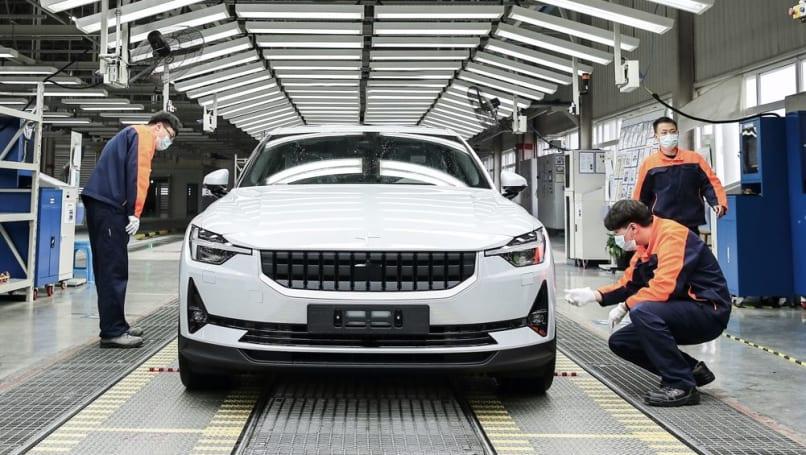 Polestar is committed to a carbon-neutral future by not using practices like planting trees.
Polestar is committed to a carbon-neutral future by not using practices like planting trees.
As part of the Environmental Challenge 2050, led by the Japanese giant Toyota, the company will eliminate all CO2 emissions from its manufacturing plants and promote its end-of-life vehicle recycling and recycling technologies around the world.
By 2035, Ford will use renewable energy to power all of its factories around the world. Blue Oval also plans to use only responsibly produced raw materials, use only recycled or renewable materials in automotive plastics, and achieve zero landfill waste across all of its operations.
Nissan's Tochigi plant in Japan will use Nissan's Intelligent Factory initiative, which includes all-electric factory equipment and more by 2050.
Electric vehicle startup Rivian has some interesting sustainability plans, including a plan to grow food at its plant in Normal, Illinois, which will be used to feed its employees.
He also joined an initiative to reuse old car batteries to store solar power in Puerto Rico. Another initiative is a plastic recycling scheme that will collect 500,000 kg of single-use plastic by 2024 and turn it into containers for moving parts at its manufacturing facility.
